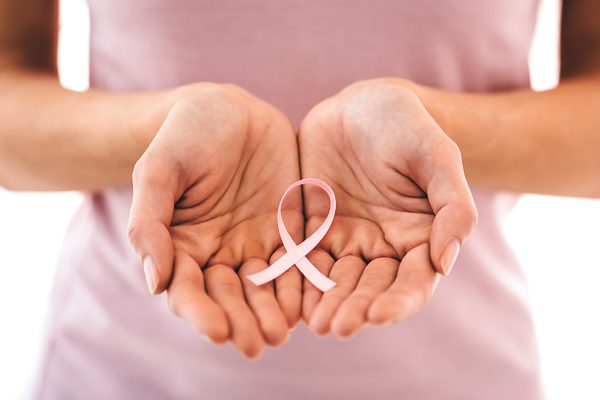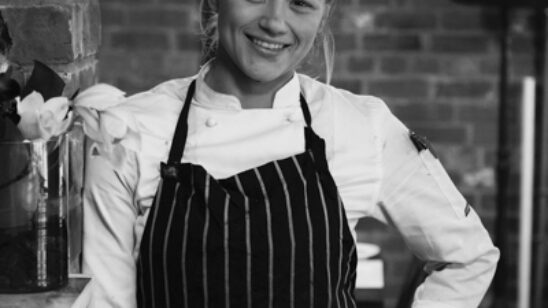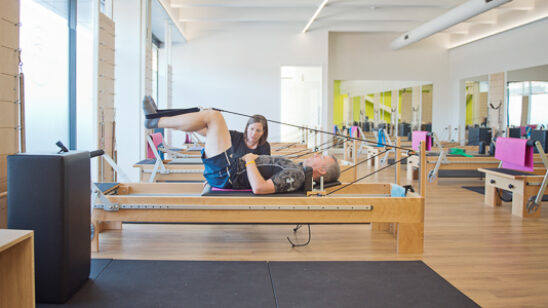
Locals leading breast cancer research
When Angelina Jolie announced she was having her breasts and ovaries removed to minimise her risk of cancer, she introduced the concept of genetic testing to a global audience.

Jolie’s mother died of ovarian cancer at age 56, so the world-famous actress got tested for a common genetic variation (or change in her DNA) associated with increased cancer risk. People with a BRCA1 gene variation have up to 87 percent risk of developing breast cancer at some point in their life and approximately 50 percent chance of developing ovarian cancer.
When Jolie tested positive for a BRCA1 variation, she had radical surgery to reduce her chance of suffering the same fate as her mother. The increased risk posed by variations in BRCA1 or its sister gene, BRCA2, is well known thanks to numerous international studies. But the impact of myriads of other DNA variations found during genetic testing are still a mystery.
That’s where geneticist Associate Professor Logan Walker and his University of Otago, Christchurch research team come in. They are world leaders in studying the impact of genetic variations on breast and ovarian cancer. As Walker explains, a genetic variation is when a specific part of your DNA differs from the norm. A variation is like a sentence with a few words or letters out of place. You can still understand the meaning but it’s not grammatically correct. Each of us have thousands of variations and many don’t cause disease.
As genetic testing becomes cheaper and more accessible, hundreds of new variations are being found. What researchers such as Walker are doing is identifying ones that occur in clusters of people with a particular disease or family history. They then study in the laboratory what the variation actually does in the body. This kind of research involves studying the DNA of tens of thousands of people.
Walker is New Zealand’s only member of an international genetic consortia sharing cases and DNA to unravel the mysteries of variations related to breast and ovarian cancers. This collaborative approach means the DNA of women getting treatment or advice from the Canterbury DHB and involved in Walker’s research are contributing to global studies aimed at preventing unnecessary deaths.
Walker is one of ten scientists sharing details of their work at a Te Papa Hauora (Christchurch Health Precinct) evening of short talks in March. The ‘We’re talking health’ event celebrates exceptional health research in Canterbury. Te Papa Hauora is a partnership between the city’s main health and research organisations – the Universities of Canterbury and Otago, Ara Institute of Canterbury, the Canterbury DHB, and Matapopore, which is Ngāi Tahu’s earthquake recovery agency. It facilitates collaboration to improve public health and help commercialise research discoveries made here in Canterbury.
Walker’s work is an example of how health research is increasingly being done – in collaboration between organisations. Being part of the Health Precinct, partners meet regularly to find ways to work together on life-saving and internationally-relevant research projects.
Go to www.talkinghealth.org.nz to book a seat (numbers are limited) or find out more about Te Papa Hauora at
www.healthprecinct.org.nz.




